The fundamental role the arts has to play in helping combat the mental health crisis amongst our children and young people
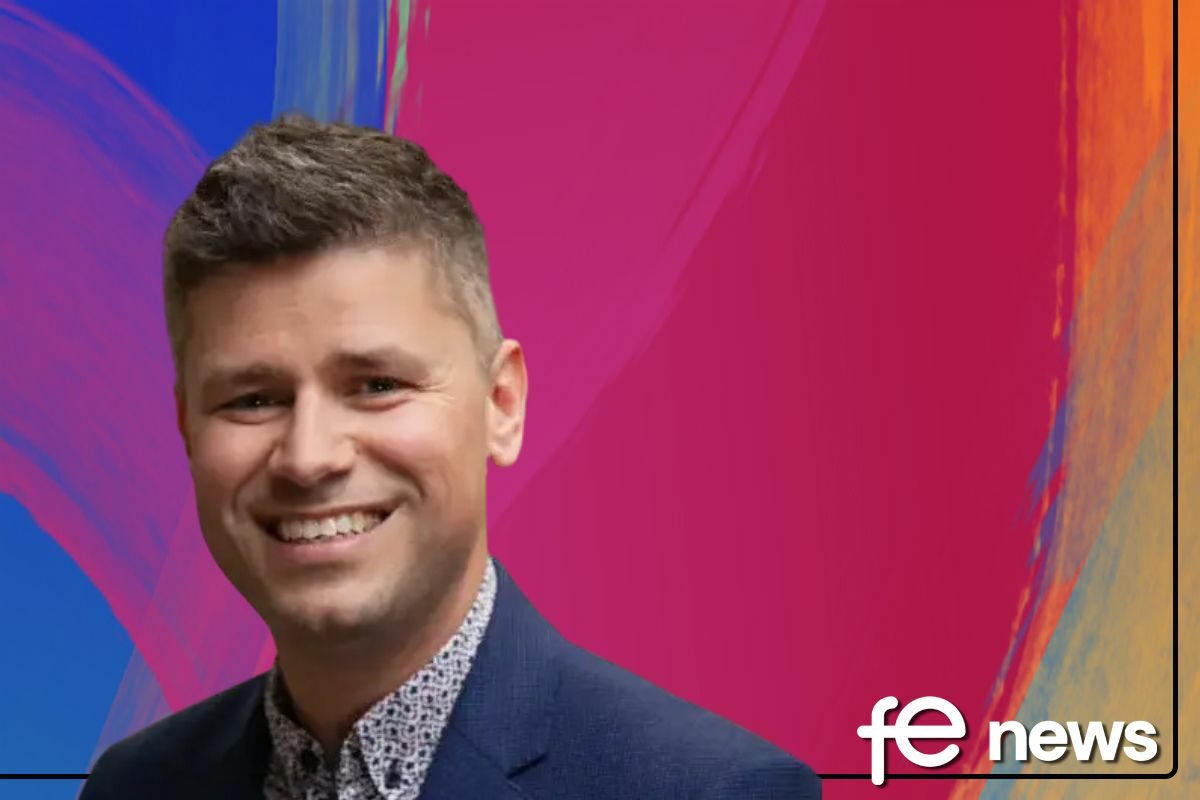
Creative subjects have a vital role to play in helping tackle the mental health emergency that is impacting children and young people, the headteacher of an online school has said.
Lawrence Tubb, Headmaster of multi-award winning independent school Minerva’s Virtual Academy, has stressed the urgency of the challenge and warned that now is not the time to slash arts provision in schools further.
A former Director of Music at top private school Wycombe Abbey for almost a decade, Mr Tubb knows just how crucial the arts are to young people’s development and the enrichment they provide.
It’s no secret Covid has had a profound impact on children and young people – from lost learning to an upsurge in mental health issues. Just last week, NHS data revealed that more than one million prescriptions for antidepressants were made each year to young people aged between 13 and 19-years-old.
Mr Tubb said negative attitudes around creative subjects needed to change through people understanding how they enrich and nurture young people and, in turn, help enable healthy minds.
“Outdated beliefs that the arts are softer subjects need to be completely challenged and turned on their head, particularly at a time when our children and young people’s mental health is in decline due to the ongoing difficulties brought about during the last couple of years,” he said.
“For many children and young people, the arts offer them an outlet for them to express and make sense of their emotions. Whether this is through music, drama, art or dance – it is proven to increase confidence and overall self-esteem. Being engaged in a creative arts activity can allow a young person respite from the increasing difficulties that they face in today’s society.”
Mr Tubb said educating and nurturing young people in the arts could help foster their creativity, self-expression and overall personal development.
Much more than just virtual lessons, Minerva offers many of the same elements as a bricks and mortar school, with weekly assemblies, after-school clubs and school trips to ensure that students are still part of a community, but with the added flexibility of learning from home.
Minerva also offers a rich and varied selection of creative arts sessions and, from September 2022, pupils entering Year 10 at the school will also be able to study Art & Design and Music at GCSE level.
Mr Tubb said: “Our pupils gain a huge amount from their Music and Art sessions, as well as their co-curricular activities and clubs, including Art, Film and Photography.
“The flexibility and mentoring that we offer at Minerva means that our pupils have the freedom and support to explore and develop the creative subjects, and as a result, we not only have some exceptionally musically and artistically gifted students but also students who are engaged, confident but just as importantly, happy.”
Mr Tubb’s comments come in light of A New Direction – a non-profit organisation supporting young people to be creative – starting to consult on the value of the arts for young people in and beyond schools by looking at the current state of play and what a new set of recommendations could look like.
The consultation has launched 40 years on since the Calouste Gulbenkian Foundation UK Branch published The Arts in Schools: Principles, practice and provision regarding the value of the arts to young people.
In 1982 the report identified five challenges for the arts in schools: communicating the value of the arts in education, the need for a coherent vision for the arts in schools within an equal framework for all subjects, linking what is taught, and how it is taught, to the needs of a changing society, the need for new modes of assessment and accountability, and what we would now term addressing equity, diversity and inclusion.
Mr Tubb is calling on arts leaders and educators to get involved in the conversation around the crucial importance of arts provision for young people.
He added: “Leaders and educators of young people in the arts need to read the 1982 report and reflect upon the developments made over the past four decades but also look at what still needs to be done to ensure that the creative subjects and arts education as a whole can be seamlessly woven into the curriculum to support not only children and young people’s mental health but also the new influx of young creatives.”
By Lawrence Tubb, Headmaster of independent school Minerva’s Virtual Academy
Headmaster Lawrence Tubb has been instrumental in developing Minerva’s virtual academy’s groundbreaking online learning experience and is responsible for the day to day running of the school.
Prior to joining Minerva, Lawrence was Director of Music for nine years at top private school Wycombe Abbey and led a team of 45 full-time teachers taking on ambitious projects across multiple departments including leading several international concert tours. Prior to Wycombe Abbey, Mr Tubb taught at Leweston School in Sherbourne as Head of Music.

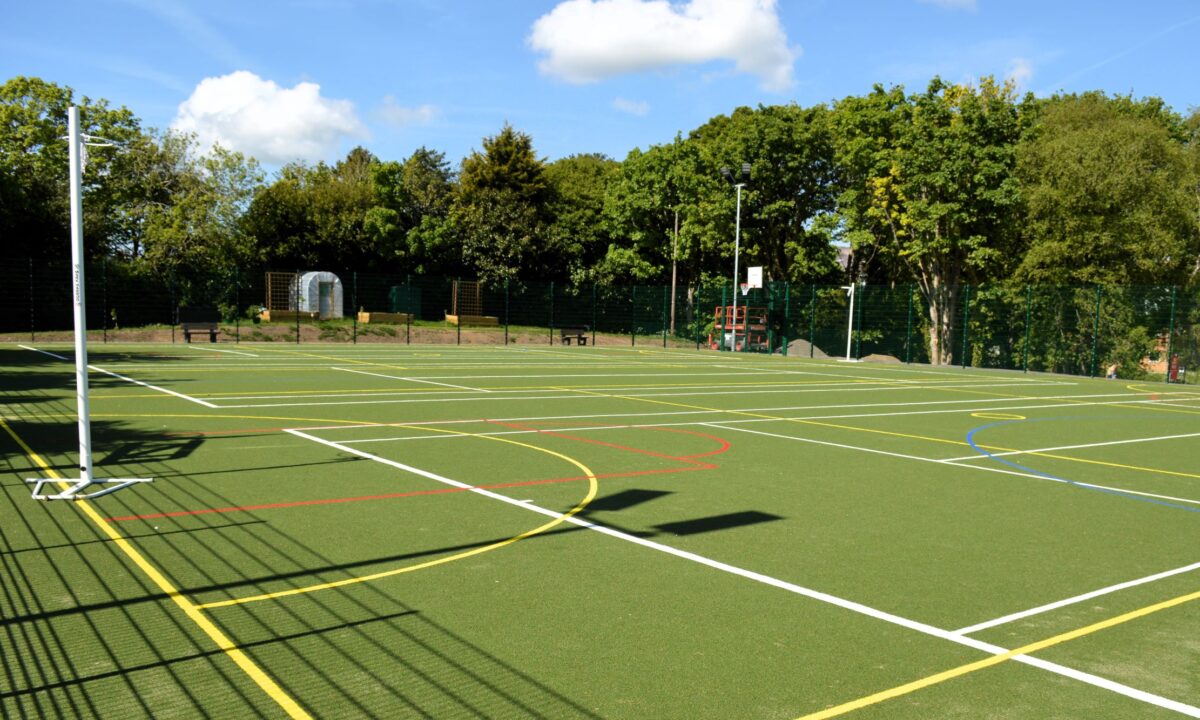



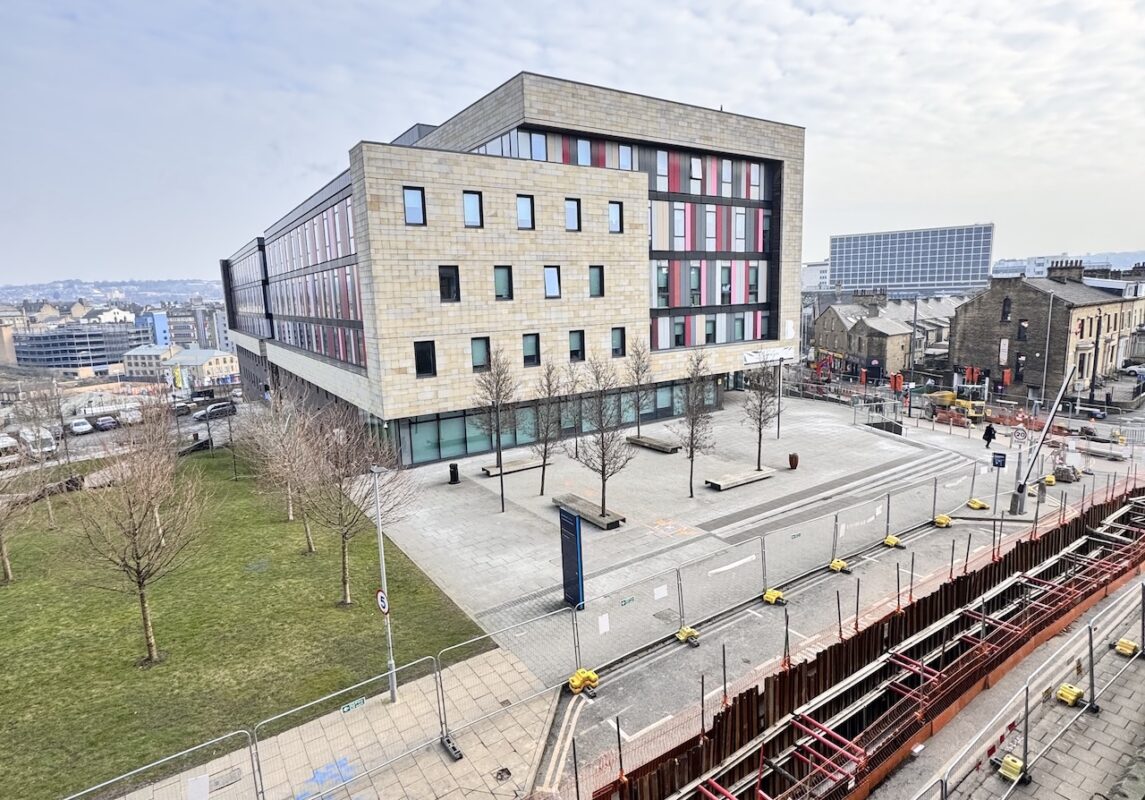

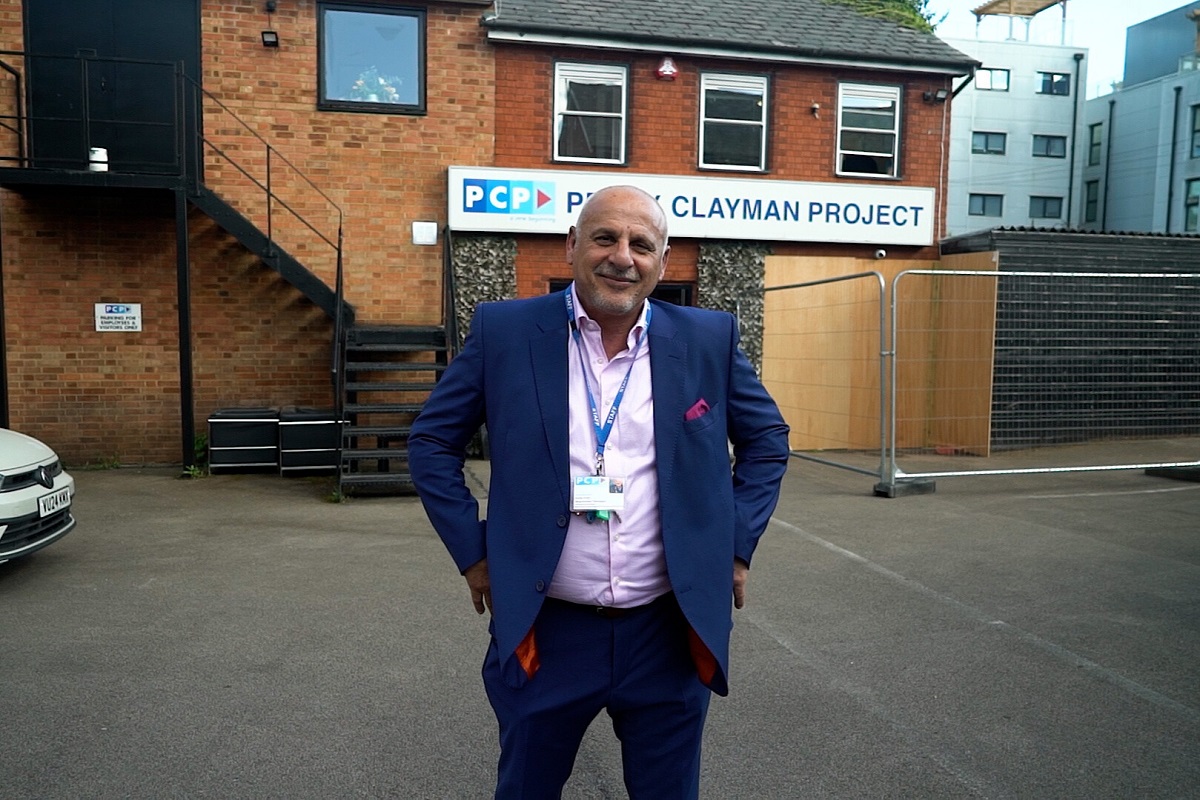
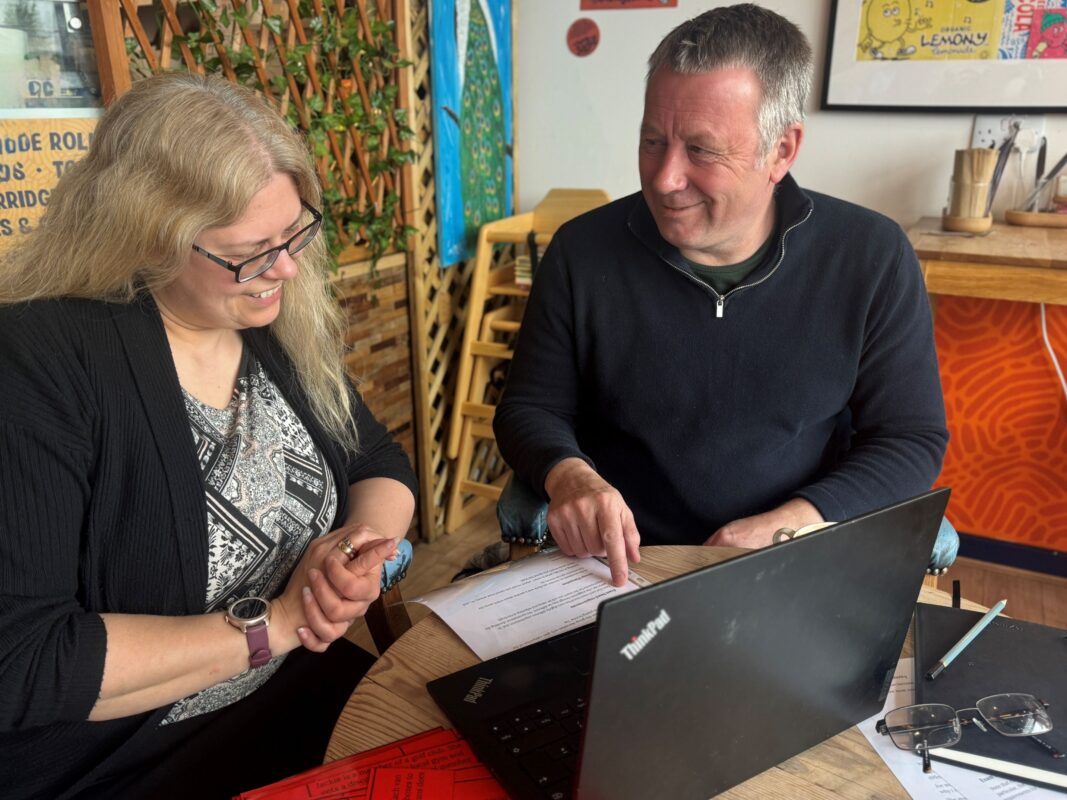
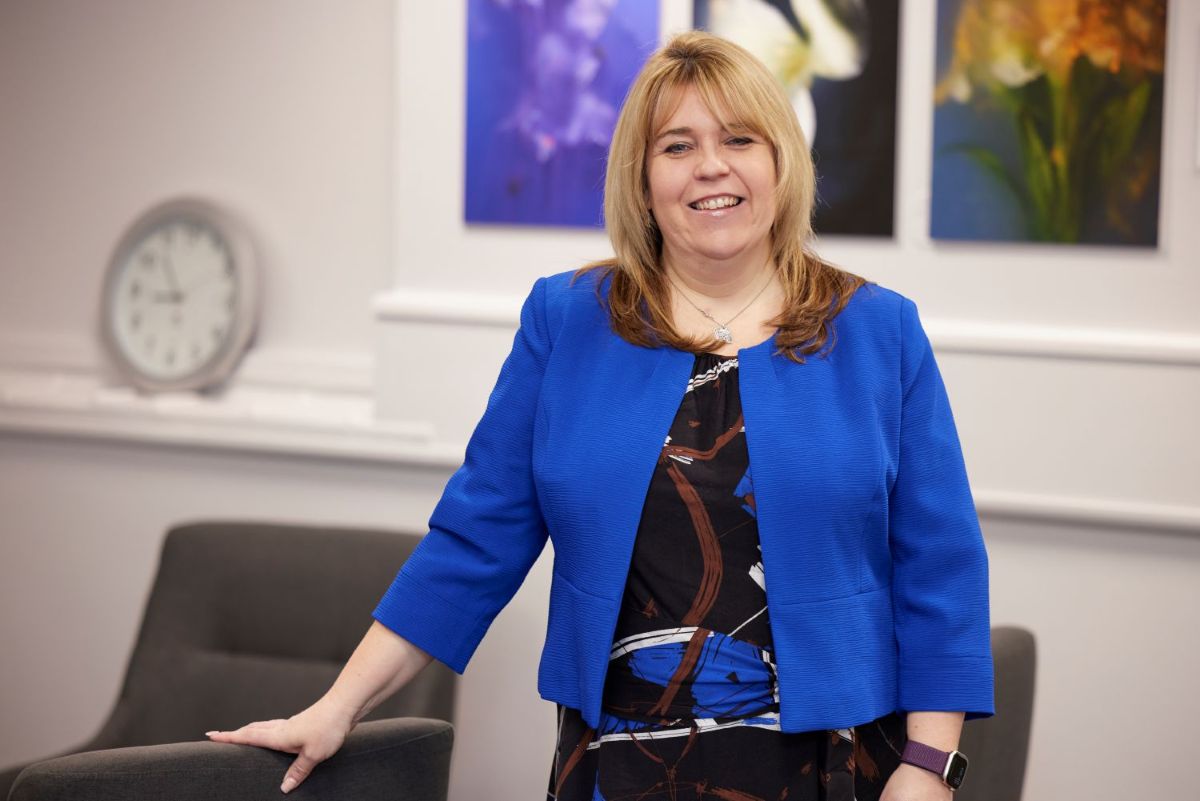

Responses